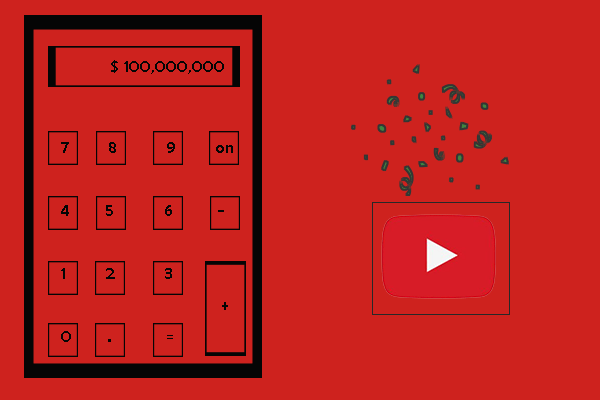Success stories about people making money from YouTube are encouraging more and more people to dive into some of the murkiest waters in the UK tax law swamp. If you don’t care about the rules, you could find yourself dragged down to the bottom by an investigation from the taxman.
HMRC – The Authority that Investigates YouTubers’ Taxes
YouTube allows you to post videos or other original content on it. In some cases, you can let YouTube shoot some paid ads around your video and then make money with it. That’s still great. But you must understand HMRC’s ideas:
If your YouTube channel is going well, you will get a lot of money. The more money you make, the more taxes you should pay. As your income rises with your celebrity, so too will the amount of it you owe to HMRC.
Do you have to pay any taxes for YouTube? It’s up to HMRC – HM Revenue and Customs. That is the UK’s tax, payments, and customs authority. The vital purpose of HMRC is collecting the money that pays for the UK’s public services and helping families and individuals with targeted financial support.
Self Assessment is a system HMRC uses to collect income tax. Tax is usually deducted automatically from wages, pensions, and savings. People and businesses with other income must report it in a tax return.
You may think that you only earn some pocket money on YouTube, but the tax collector will think that some of your income is taxable income – this means that HMRC expects to fill in more of your income account on the self-assessed tax return.
How Much Tax You Must Pay?
Most of the YouTubers who have 50k – 500k subscribers cannot make a living on their YouTube revenue. If a YouTube channel generates approximately 10 million views per year, its income may only generate £35k per year. This sounds like a lot but the cost of video production and tax is also very high.
The standard Personal Allowance is £12,500, which is the amount of income you do not have to pay tax on. Here is a table that shows the tax rates you pay in each band if you have a standard Personal Allowance of £12,500:
| Band | Taxable income | Tax rate |
| Personal Allowance | Up to £12,500 | 0% |
| Basic rate | £12,501 to £50,000 | 20% |
| Higher rate | £50,001 to £150,000 | 40% |
| Additional rate | over £150,000 | 45% |
Do YouTubers pay taxes only according to the above table? This is mostly the case. It doesn’t matter if you make a living by making YouTube videos. That is, there is no money coming into your pocket by making YouTube videos.
The point is that making money on YouTube. If your income is already over the personal allowance threshold, then HMRC is going to want a bite of it.


